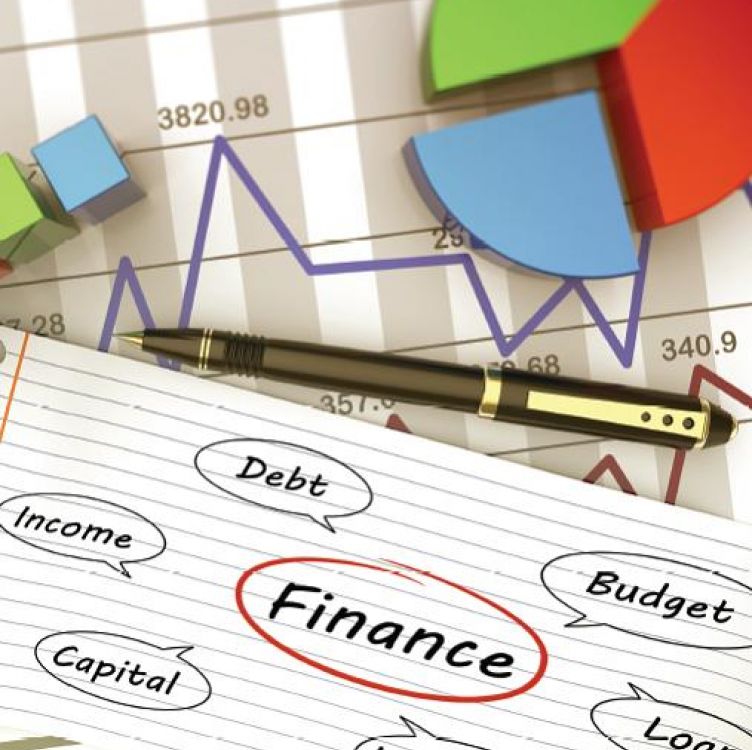Mark Scott, director of franchise development at NatWest, details the finance options available to start and establish a franchise
In order to get any business off the ground, there will be a need for financial investment. For franchises, this can include the franchise fee, a shop fit, equipment, a vehicle and money for working capital.
According to the latest NatWest/ British Franchise Association survey, the average set-up costs for a franchise are around £50,000-£60,000, although in reality these can range from a few thousand pounds to millions. This is not the sort of figure most people have at their fingertips, so where can a franchisee go to obtain funding?
Bank lending
First of all, banks that have a dedicated franchise team, such as NatWest, will lend up to 70 per cent of the total start-up costs. So for the average investment, it means you may need around £15,000-£20,000 yourself in order to buy a franchise.
So the first source of funding is your own, perhaps from savings, investments or even money from redundancy settlements. However, even with a healthy savings account, you may not have that sum readily available and many people turn to family or friends for support.
By doing this, it allows a second party to assess your investment. Having a second opinion is always valuable and helps point out potential challenges when you may already be emotionally invested in your choice.
Loans and overdrafts
Once you have your 30 per cent, how will the bank lend you the rest? This will normally be via a loan and/or an overdraft. The loan will be used to fund the set-up costs, such as the franchise fee, shop fit and other capital expenditure. The overdraft will usually come in handy when funding initial expenses, such as wages for staff during training or the purchase of stock before you open for business and start to trade.
Once the business begins to trade, an overdraft may not always be required, so might only be in place for the first 12 months.
To know which type of facility is required for your specific situation, a bank will need a business plan. This should include a profit and loss forecast, to assess the profitability of the business and whether it is viable, and a cash flow forecast, to identify what level of overdraft is required.
A business plan will also be helpful once you’re trading, as you can benchmark your actual achievement and progress against it. You should think of the plan as a business satnav - you know where you want to go and you can see the route as matters progress.
Asset finance
But what if a loan is not right for you? An alternative option could be asset finance, which enables franchisees to free up their capital in order to invest in physical assets.
Where a business needs equipment, cash flow can be an issue, particularly for small companies or those just starting up. This is where asset finance comes in, offering a way to afford technology, equipment or machinery that may otherwise be out of reach by renting it or paying for it in manageable chunks.
Because loans are secured on the asset being financed, there is more security - the loan cannot be recalled during the period of the agreement and is flexible because businesses have the option of replacing or updating equipment when the contract expires.
Finance charges for assets may also be tax deductible, which could be an additional bonus for franchisees.
Invoice finance
Another option is invoice finance. This is only relevant for franchises that operate in the business-to-business sector, rather than retail or business-to-consumer.
The basics of the scheme are that when you issue an invoice to another business customer for work undertaken, such as the cleaning of a drain following a blockage, the invoice finance provider lends you a percentage of the invoice, which could be up to 80 per cent.
Once the remaining 20 per cent is paid to the invoice finance provider, you receive the balance - less its costs. If you use a factoring service, the invoice finance provider will even issue the invoices for you and chase payment, though the costs are usually higher.
For day-to-day expenses once you have established your franchise, you may well need a business credit card for buying fuel and entertaining key customers.
Crowd funding
A relatively new source of finance is crowdfunding. In this scenario, you would approach a crowdfunding organisation or online trading platform with your business plan. It would advertise the opportunity to its members, who decide what amount to invest.
Crowdfunding means you will own less than all of the business, so will not receive 100 per cent of the rewards, but it could be a quicker way to raise the finance you need.




_(1)_75_75_s.jpg)
_(1)_75_75.jpg)









_59_59_80_s.jpg)

_59_59_80_s.jpg)




_(1)_59_42_s.png)






